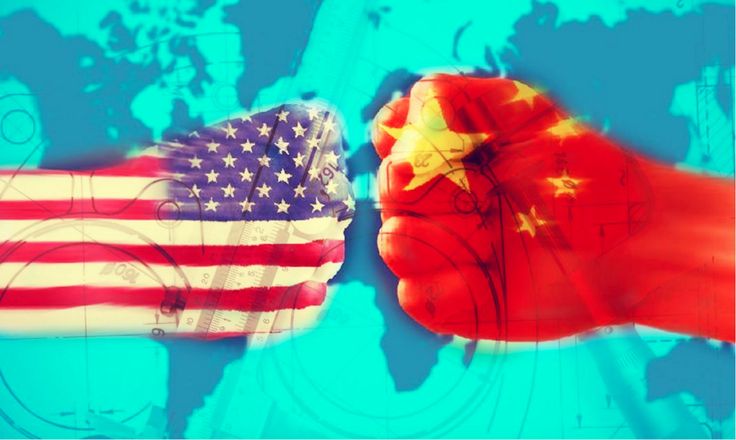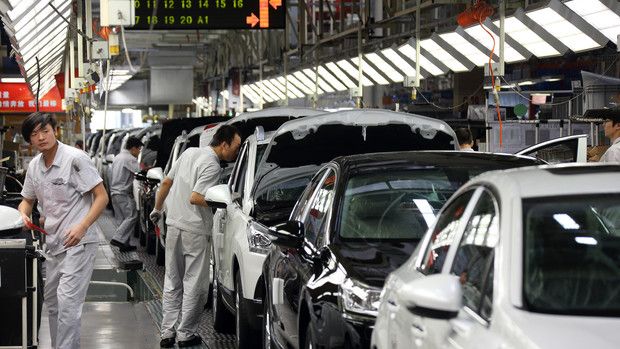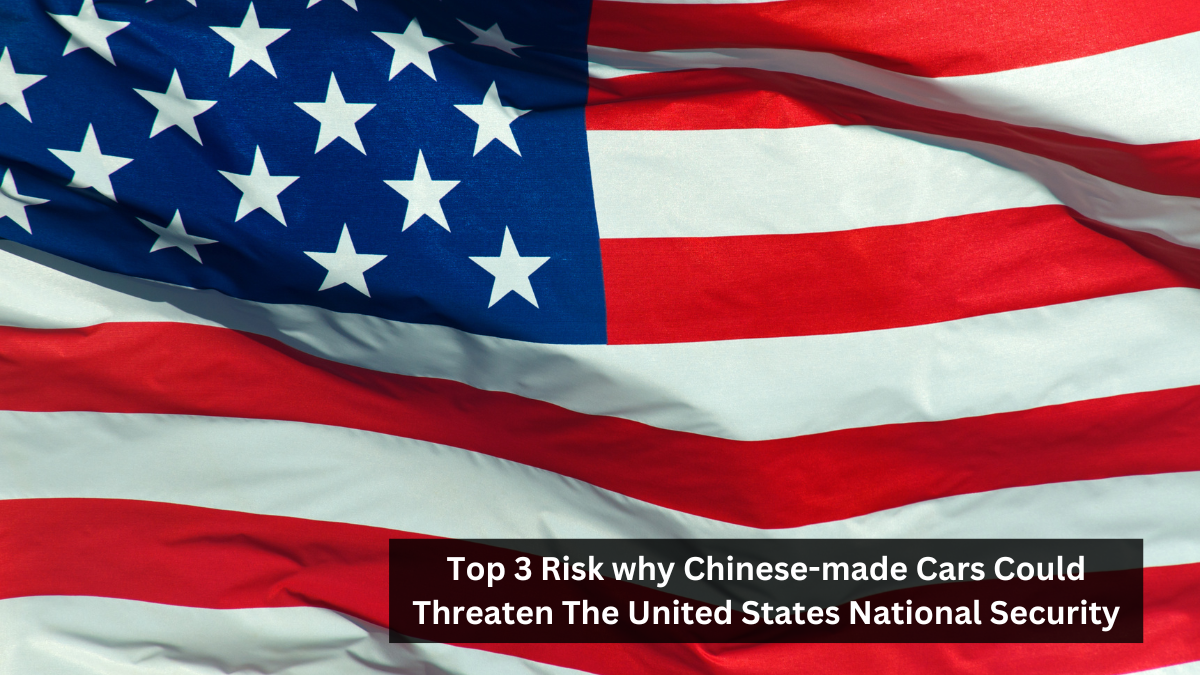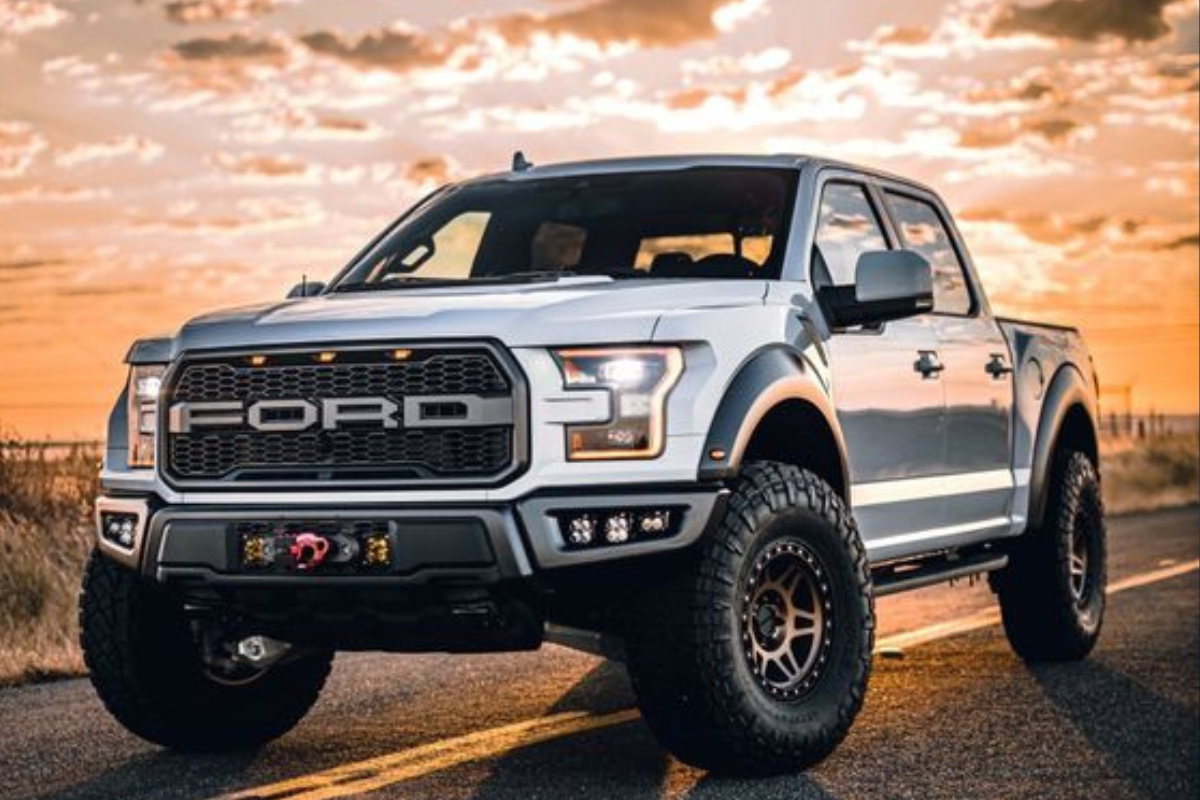Over the last decade, Chinese manufacturers have rapidly transitioned from creating low-cost, low-quality automobiles to building electric vehicles (EVs) that compete globally in terms of design, technology, and fuel efficiency. Nonetheless, despite China’s growing dominance in automotive manufacturing, notably in the EV sector, Chinese cars are noticeably absent from US roadways. This absence begs the question: why have not Chinese automakers succeeded in entering the US market?
Several factors contribute to this situation, ranging from political tensions and economic policies to cultural differences and complex regulatory environments. Here’s a breakdown of the major reasons why Chinese cars might never make it to U.S. roads.
Political Tensions and Trade Wars

One of the most prominent factors hindering Chinese cars from entering the U.S. market is the escalating trade tensions between the two superpowers. Relations between China and the U.S. have deteriorated over the last decade, with tariffs being imposed on billions of dollars worth of goods.
In the case of automobiles, Chinese manufacturers incur additional duties when exporting to the United States, making their products much more expensive. These tariffs, which were exacerbated by the Trump administration’s trade conflict with China, remain an impediment even now. The costs of shipping vehicles over the Pacific, combined with a 25% tax, eliminate any price advantages Chinese manufacturers may have in their domestic market, making them less competitive versus American and European companies.
Further complicating this issue is the geopolitical tension around technology, particularly regarding 5G, semiconductors, and AI. With Chinese companies such as Huawei already blacklisted by the U.S. government, there is apprehension about letting other high-tech products from China, including cars, enter the American market.
Regulatory Challenges and Safety Standards
Passing high safety, emissions, and quality criteria is one of the most difficult challenges in entering a car into the US market. The United States has some of the most complex automotive rules in the world, which are overseen by organizations such as the National Highway Traffic Safety Administration (NHTSA) and the Environmental Protection Agency. Chinese cars designed for the domestic or emerging markets sometimes fail to achieve these high criteria without significant changes.
Safety Standards
The crash safety requirements in the U.S. are far stricter than in many other parts of the world. American consumers demand high levels of protection from their vehicles, and regulatory bodies enforce these expectations rigorously. Chinese cars, especially those from lesser-known manufacturers, have often performed poorly in independent crash tests compared to Western counterparts. Until these manufacturers invest heavily in improving the safety of their vehicles, passing U.S. safety inspections will remain a major hurdle.
Emission Regulations
The EPA also plays a significant role in determining which vehicles can be sold in the U.S. As emission standards become more stringent, especially in states like California, automakers must ensure that their vehicles comply with both federal and state-level regulations. Chinese automakers, while making strides in electric vehicles, have historically struggled with emissions compliance. Ensuring their vehicles meet these requirements would involve expensive redesigns and retrofitting technologies.
Brand Perception and Trust Issues
One of the more subtle but deeply ingrained reasons Chinese cars may never make it to U.S. roads is the perception of Chinese products among American consumers. Historically, Chinese goods have been associated with being cheap, low-quality, and mass-produced. This perception, while evolving in industries like technology and consumer electronics, still strongly applies to automobiles.
Chinese manufacturers such as BYD, NIO, and Geely are attempting to shift the narrative by investing in electric vehicle technologies and manufacturing premium vehicles. However, creating brand credibility in the United States presents a tremendous hurdle. American consumers are devoted to well-known companies such as Ford, General Motors, Toyota, and Tesla, which have decades of brand recognition and trust behind them.
Also Read : Top 3 Risks Why Chinese-made Cars Could Threaten The United States National Security
Additionally, Chinese companies face the challenge of being relatively unknown in the West. Entering a new market as a complete outsider is never easy, especially in an industry where safety, reliability, and heritage play crucial roles in purchase decisions. Brands like BYD or Chery would need to launch extensive marketing campaigns, establish a network of dealerships, and create a robust after-sales support system — all expensive and complex tasks.
Intellectual Property Concerns
Another factor casting a shadow over Chinese cars entering the U.S. market is the ongoing concern about intellectual property (IP) theft. Many Chinese automakers have been accused, over the years, of copying designs and technologies from Western automakers. This has sparked lawsuits, trade restrictions, and further distrust between the two regions.
For example, numerous Chinese vehicles bear uncanny resemblances to well-known European and American models. Given its strong stance on intellectual property protection, the United States may be cautious to approve cars that could potentially infringe on the designs and technologies of domestic or allied automakers. Furthermore, automakers in the United States and Europe are expected to push back against any Chinese competitors that use designs or technologies that they believe were borrowed from their own creations.
Cultural and Consumer Preferences
Cultural differences and consumer preferences are also important factors in influencing the success of a foreign brand in the United States market. When it comes to automobiles, American customers have clear preferences. SUVs, trucks, and large sedans are immensely popular, with American purchasers prioritizing spacious interiors, powerful engines, and specific features like as advanced infotainment systems and premium trim options.
Chinese automakers, while sophisticated in their own market, tend to focus on smaller, more affordable automobiles or compact electric vehicles. These automobiles may not appeal to the ordinary American buyer, who is more likely to purchase a Ford F-150 rather than a compact city car. Thus, Chinese automakers would need to adapt their product lines significantly to cater to the U.S. market, which would require large investments in both market research and vehicle development.
Furthermore, driving conditions in the U.S. differ from those in China. The vast highway system, long-distance travel, and different infrastructure place different demands on vehicles, particularly in terms of performance, durability, and comfort. Chinese automakers may find it challenging to cater to these preferences without extensive modifications to their existing models.
Competition and Market Saturation

The U.S. auto market is already fiercely competitive, with a wide array of domestic and international brands vying for consumer attention. Automakers like General Motors, Ford, Toyota, and Tesla have well-established customer bases, vast dealer networks, and significant brand loyalty. Additionally, European luxury brands like BMW, Mercedes-Benz, and Audi continue to command strong market positions.
Chinese automakers would join this market as relative unknowns, competing against established firms who had previously built consumer trust over decades. The electric car segment is considerably more competitive, with Tesla dominating the space and conventional manufacturers such as Ford, General Motors, and Volkswagen aggressively growing their EV portfolios.
Breaking into this market would require Chinese automakers to offer something truly unique, such as groundbreaking technology or unbeatable prices. However, with tariffs, regulatory hurdles, and the need for extensive marketing, it’s unlikely that Chinese brands could compete solely on price or innovation, at least in the short term.
Also Read: Trump Vows to Protect Gasoline Powered Cars From State Bans If Re-elected
Political and National Security Concerns
Finally, there are growing concerns about national security as Chinese technology enters the United States market. As cars become more linked and reliant on software, cybersecurity concerns become a major concern. Chinese-made vehicles could be viewed as a possible security risk, with concerns of backdoor spying, data leakage, or hacking.
The US government has already limited the use of Chinese telecoms equipment owing to similar concerns, and it is possible that same scrutiny may be extended to Chinese-made vehicles, especially as cars become increasingly reliant on autonomous driving technology and data interchange.
Conclusion
While Chinese manufacturers have made remarkable progress in recent years, notably in the electric vehicle sector, the path to the United States remains plagued with obstacles. Political concerns, high safety and pollution rules, brand impression issues, and tough rivalry all pose substantial impediments to Chinese automobiles entering the US market.
Furthermore, cultural differences and consumer preferences mean that even if Chinese manufacturers overcome legislative barriers, they may struggle to win the hearts and minds of American consumers. While it is possible that Chinese automobiles will eventually make their way to American roads, the numerous challenges they face imply that this is unlikely to happen very soon.




